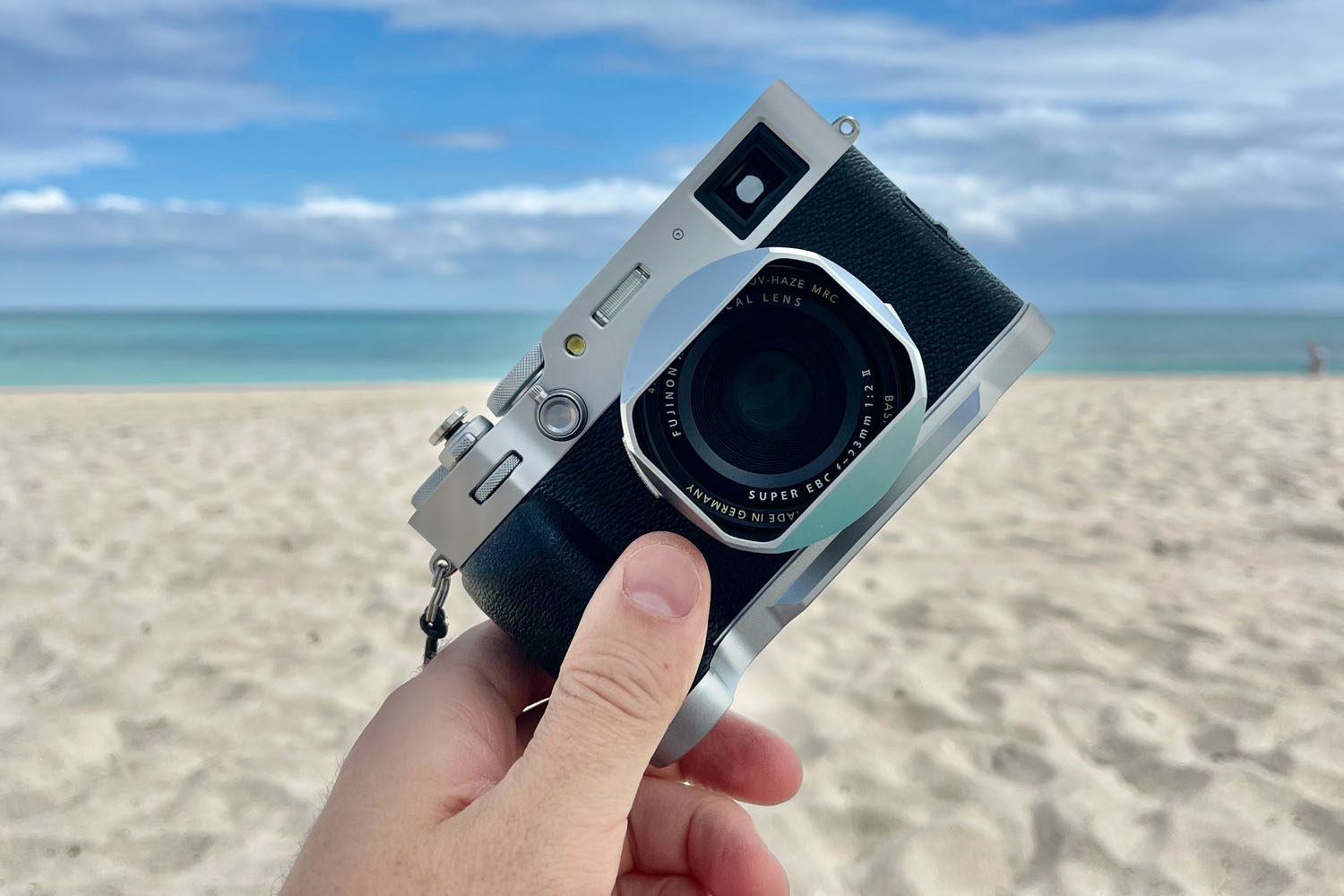Photography is dead, long live photography
When photography first appeared, statements were made that ‘painting was dead’ and there would only be photography.
Well, as we know, painting lived lives. If it had not survived, many artists from Monet to Picasso and onwards would possibly have never put paint to canvas or board, and they were photographed and used photography.
When digital appeared in sufficiently high quality, some pundits said film was dead. Film did not die and is currently undergoing a huge revival.
When mobiles started to deliver high-quality images, articles appeared throughout the media saying that DSLRs (read cameras) were dead.
Cameras are not and will not die. They will evolve and are and will continue to be used to make images, even if in a more limited way.
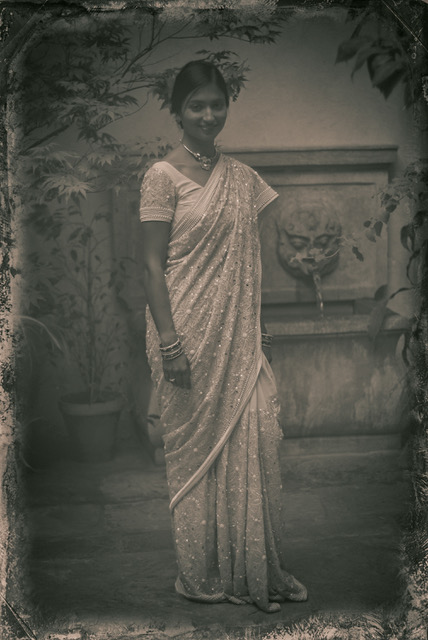
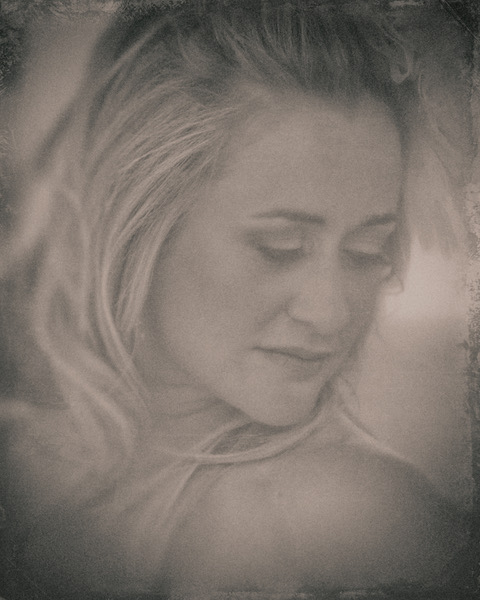
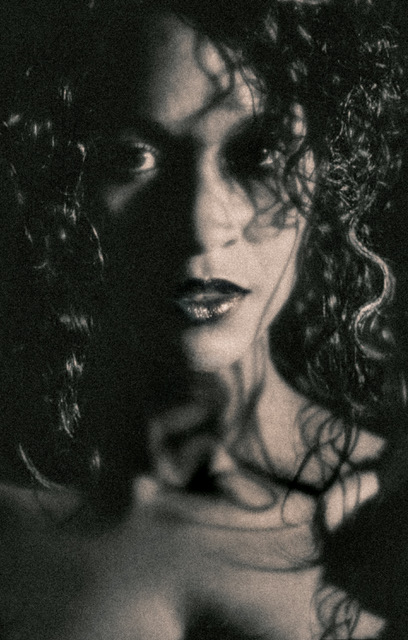
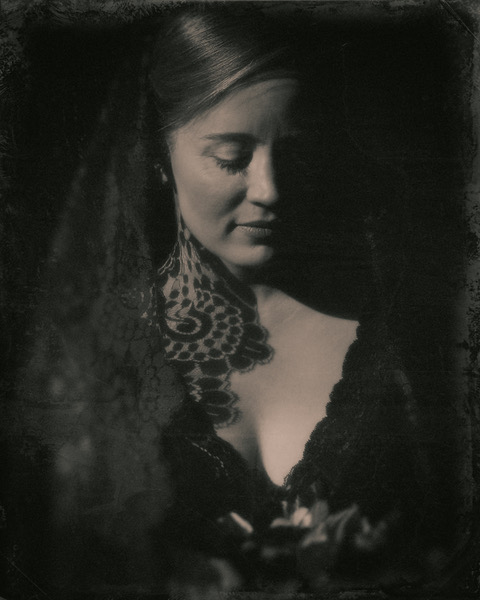
Now we have AI not just arriving but being thrust down our throats.
Already the statement ‘is photography dead’ can be seen all over the internet.
I believe not, but then again, I am of an age.
There are several articles on the internet about how a leading mobile manufacturer uses AI-enhanced detail in images of the moon to publicise one of the main selling features of their products.
www.wired.co.uk/article/samsungs-moon-shots-force-us-to-ask-how-much-ai-is-too-much
15 years ago I was using Portrait pro, which was an early form of AI in the respect that you built a wire frame on top of a model, decided your parameters and pressed go…
Eyes were widened and opened, skin was smoother, neck slightly stretched etc.
I enclose a link to a commercial made by Dove which illustrates the point.
https://youtu.be/iYhCn0jf46U
Software companies are shouting from the rooftops ‘AI change your sky’, remove objects, or, as in the case of DalE and others, type a description of an image and we will create it.
Just last week, I read an article about a photographer entering an exhibition with portraits which he later admitted were AI-generated.
For 24/25 years, photographers who work digitally, whether from a scanned film image or a digitally created photograph, have used a basic form of AI each time they have removed a spot, so we are all part of the revolution or evolution.
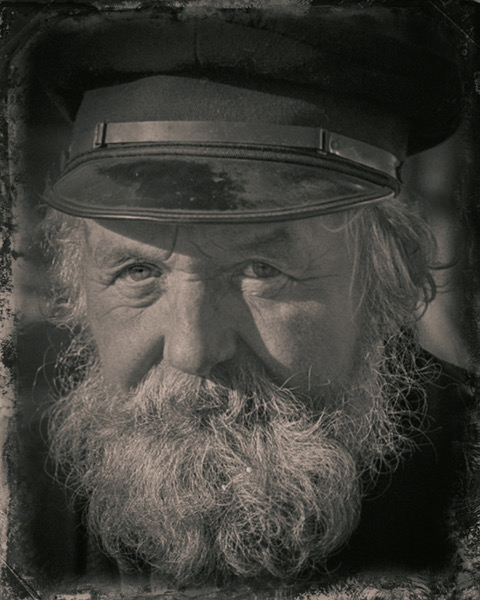
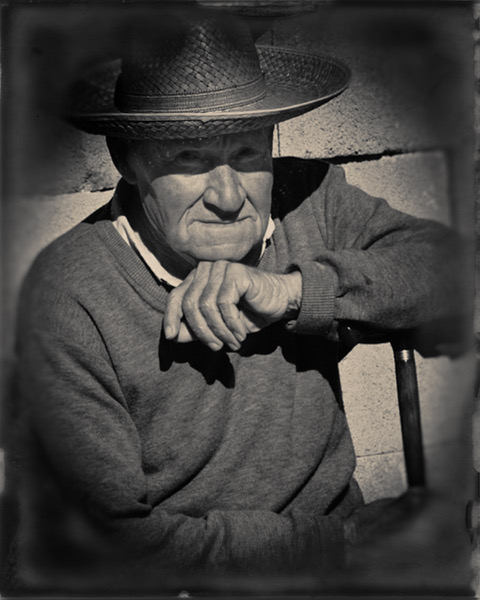
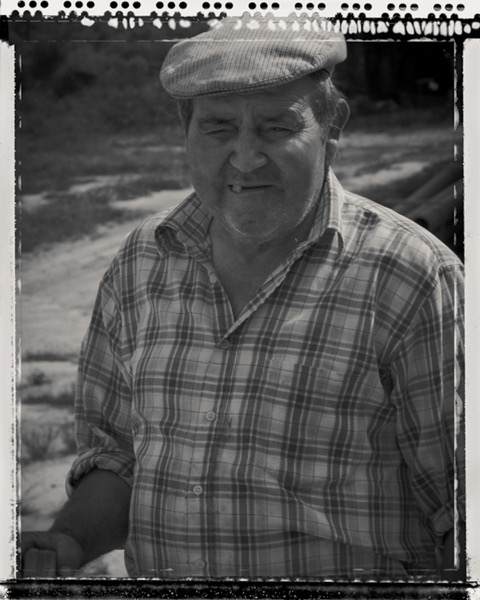
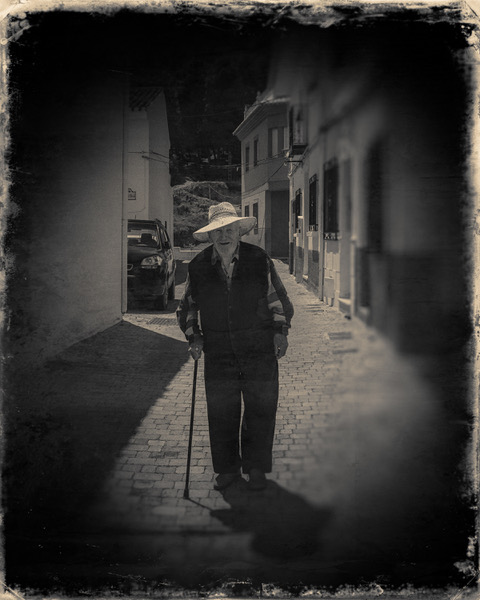
Many photographers are using AI to enhance an image or transform it into something far removed from the original snap, even HDR, which has been around for years, is a very simple form of AI.
I am enclosing a link to images created in Midjourney, which are portraits of people from the Victorian era that were created from the imagination by typing commands in the software and then allowing it to make very believable atmospheric images.
(Images by Mario Cavalli via PetaPixel)
https://petapixel.com/2022/12/01/victorian-era-people-who-never-existed-these-portraits-were-ai-generated/
Remember also image manipulation is not new, Joseph Stalin was having polit bureau members removed from press images manually when they fell out of favour, using scalpels and paint in the early part of last century.
Avatars, emojis, and animated gifs they are everywhere.
There is also a proliferation of chatbots and newsbots gathering information on stories across the web to create new AI stories.
How do you feel about AI?
How do I feel about AI?
I prefer real travel and holidays as opposed to a headset and giving commands to Alexa or Siri to create a virtual destination.
Beyond basic retouching I am not interested, preferring the creation of images in a traditional way but digitally and using digital tools to process them, just occasionally translating them into simulations of old processes.
So well, yes I am guilty of using AI in a limited way.
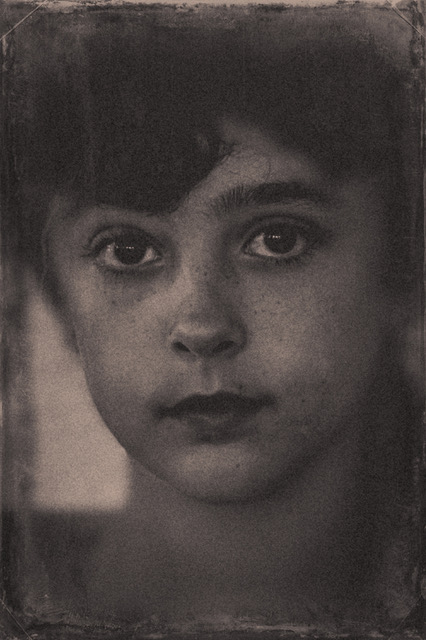
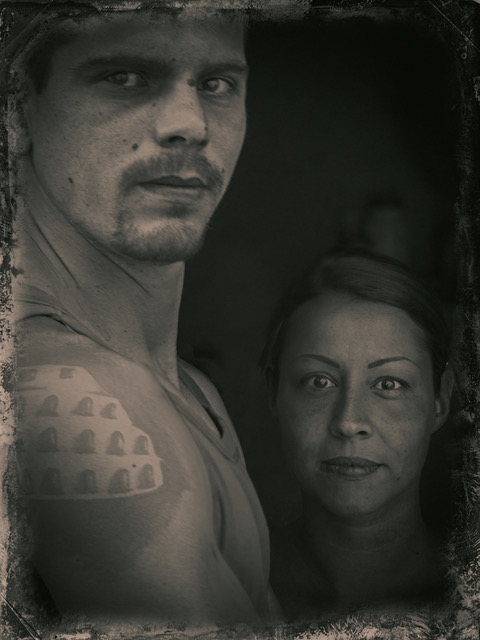
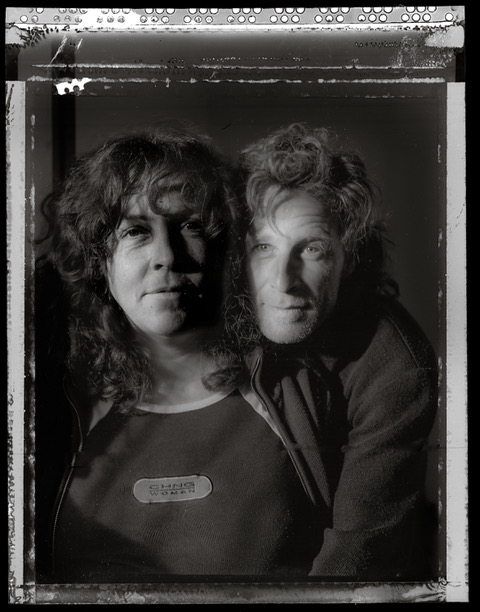
The enclosed images are from real 4×5 film and digital simulations of traditional processes. I am not labelling the images to differentiate which are original 4×5 apart from a fashion shot on polaroid from 1968 and a type 55 print just after peeling apart, both of these have age and chemical flaws. The other images were shot on Type 55 Polaroid, Fuji Neopann 400 film and Fuji digital cameras.
At the end of the day, the old Lancashire saying ‘ whatever lights your candle’ is the norm. AI will soon be the norm.
There are many ethical questions because even though the AI images are computer generated, they use bits of information gathered from many pieces of work on the internet to create the images.
WHAT next?
There is already a process being developed in which you load photos or videos of someone no longer alive, and the software creates a hologram set against the environment you are in through a headset.
Peter Gabriel the musician commenting on AI in an interview with Yahoo Music recently stated…
“It’s coming whether we like it or not, so we might as well try and work with it rather than work against it, and make sure that there are programs in there that protect ethics and some sort of morality.”
Am I a luddite, I do not think so more a traditionalist if you can be a traditionalist using digital media or maybe that is now the tradition.
Kind regards
David
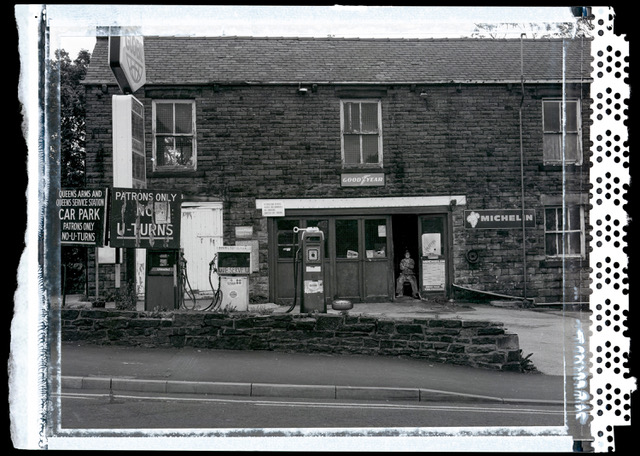
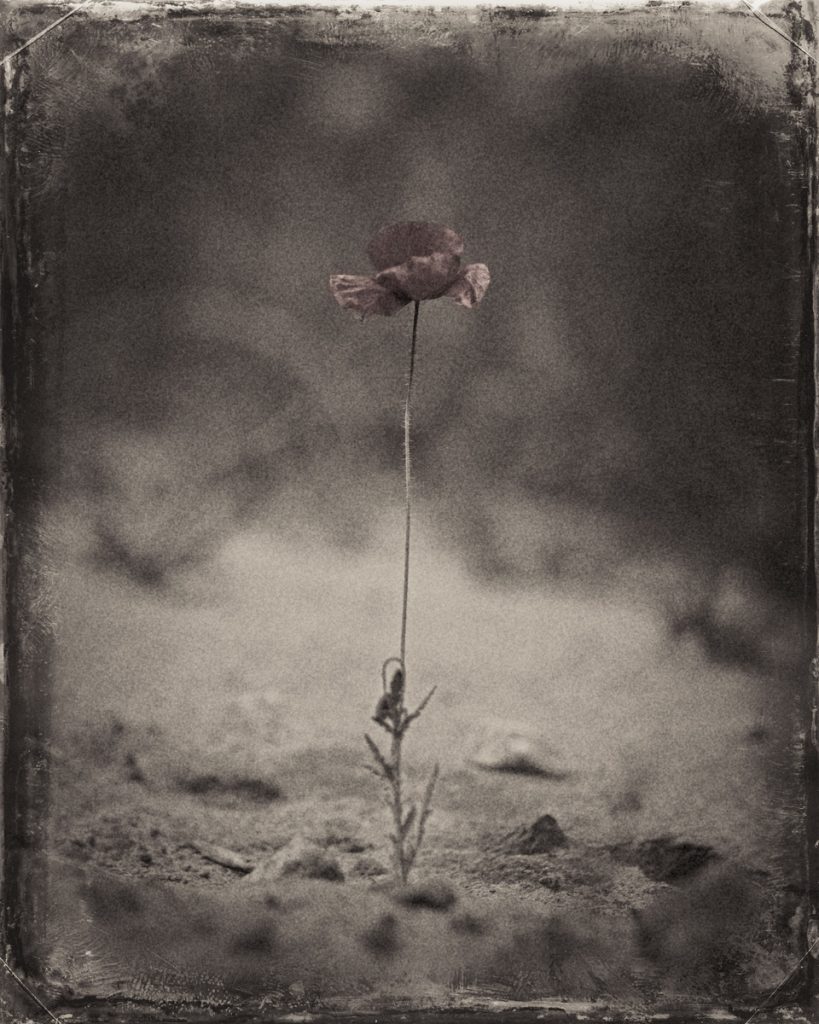
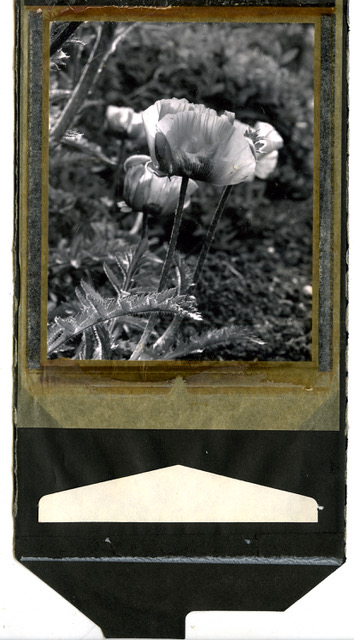
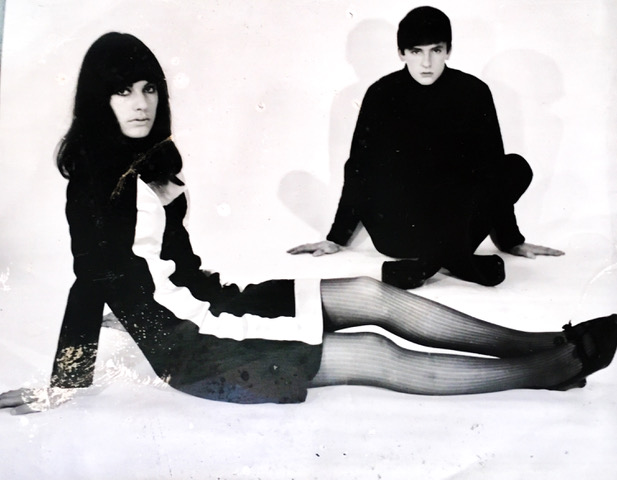
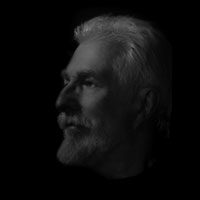
“I was born in the UK and worked as a graphic designer and photographer for most of my life and I feel privileged to have been doing what I love throughout my life and been paid for the pleasure.
I started to take photographs with a Box Brownie at the age of 7 or 8 years old, but the big revelation came when I was 10 and I watched my cousin develop a black and white print using a home made enlarger, ‘that was it, I was hooked’.
The next momentous photographic event came on top of a mountain in Switzerland at the age of 13 when I suddenly thought how do I capture the whole scene. ‘I suddenly knew!’ if I took a series of photographs with my Kodak 127 then join the prints later that should work. It did! 50 years later I am still making panoramic photographs but now digitally though I do occasionally miss the Xpan panoramic camera which stands out among the mass of 5 x 4, roll film, 35mm cameras I have used over the years.
I have shot fashion, cars, musicians, products, hung out of helicopters, photographed air to air and covered the Silver jubilee of the British Queen, but I now work solely on my personal projects.”



